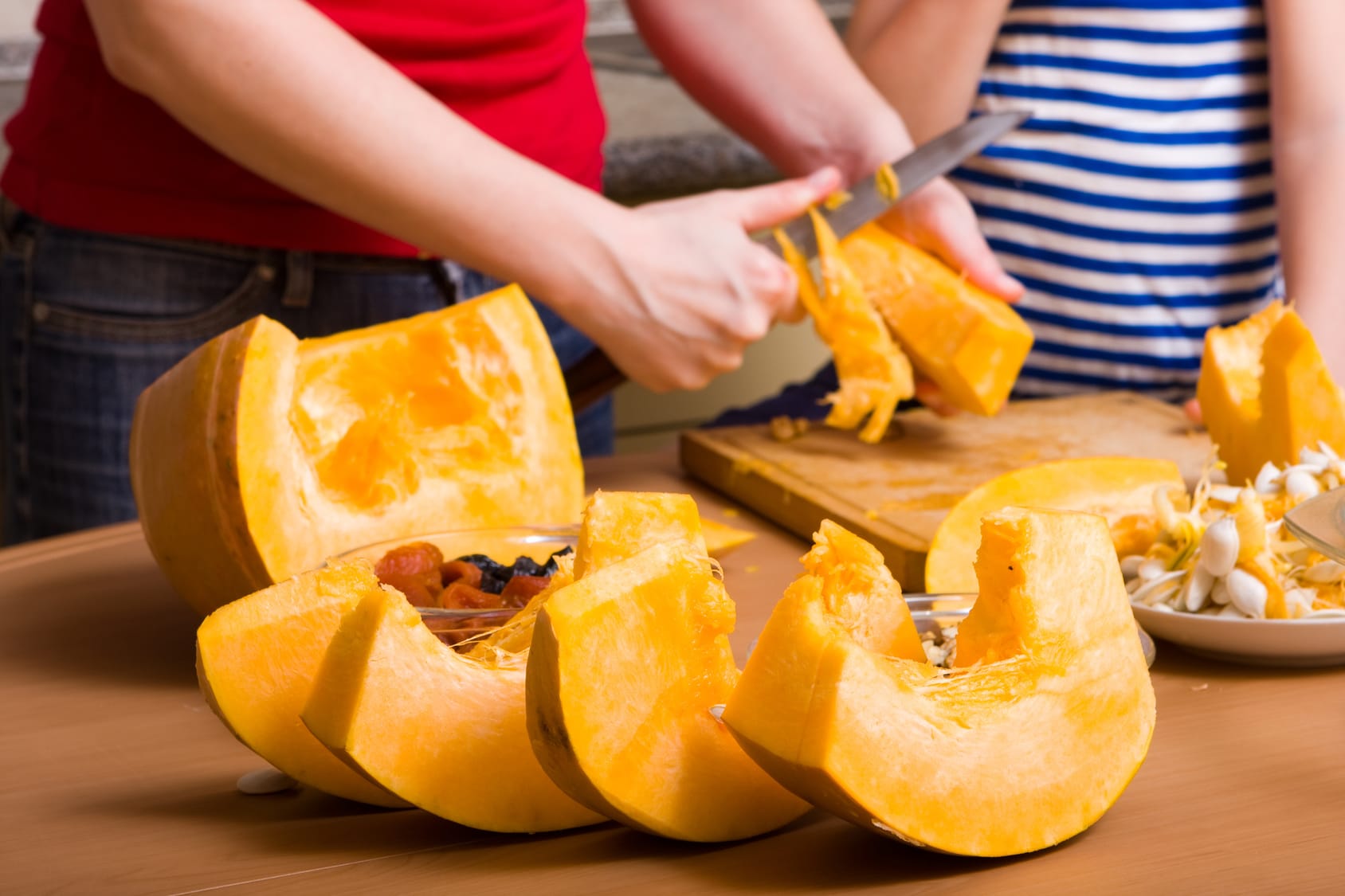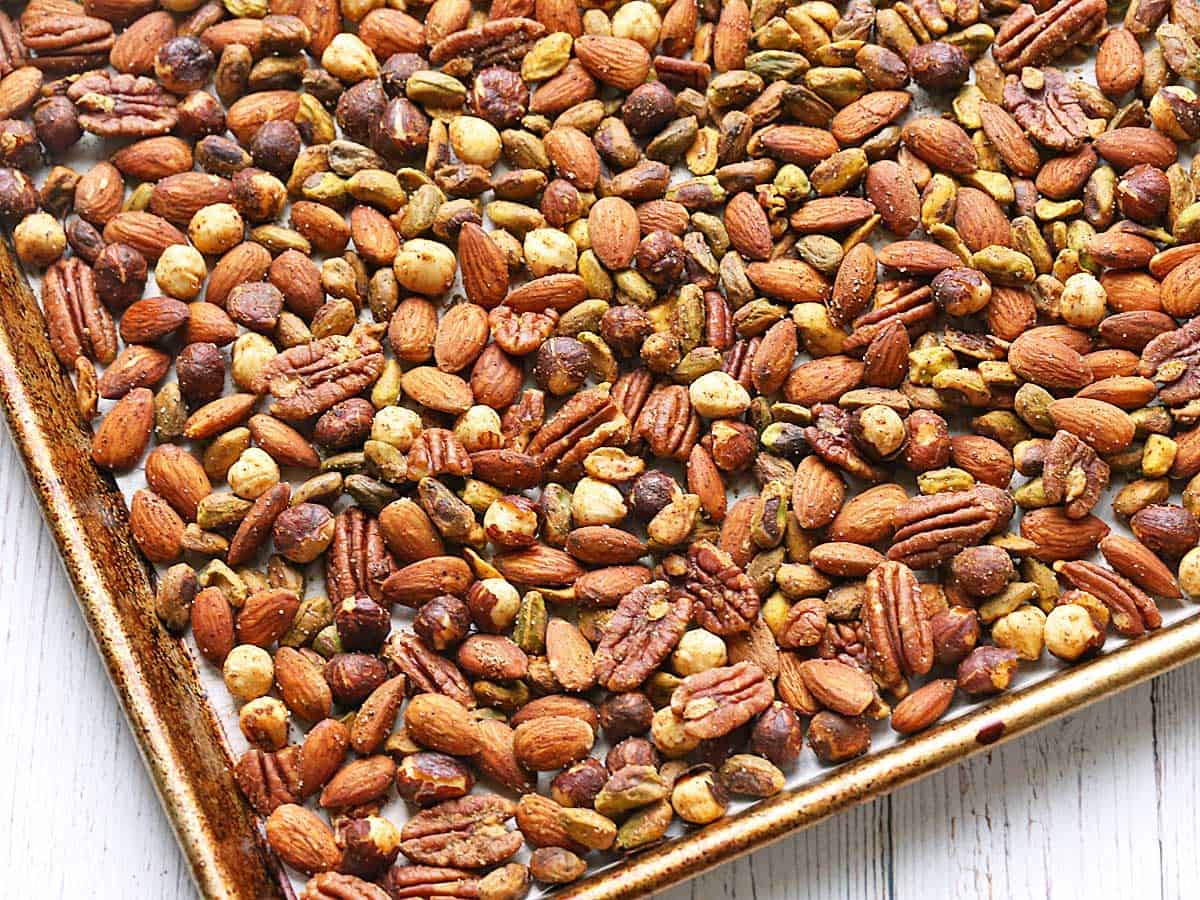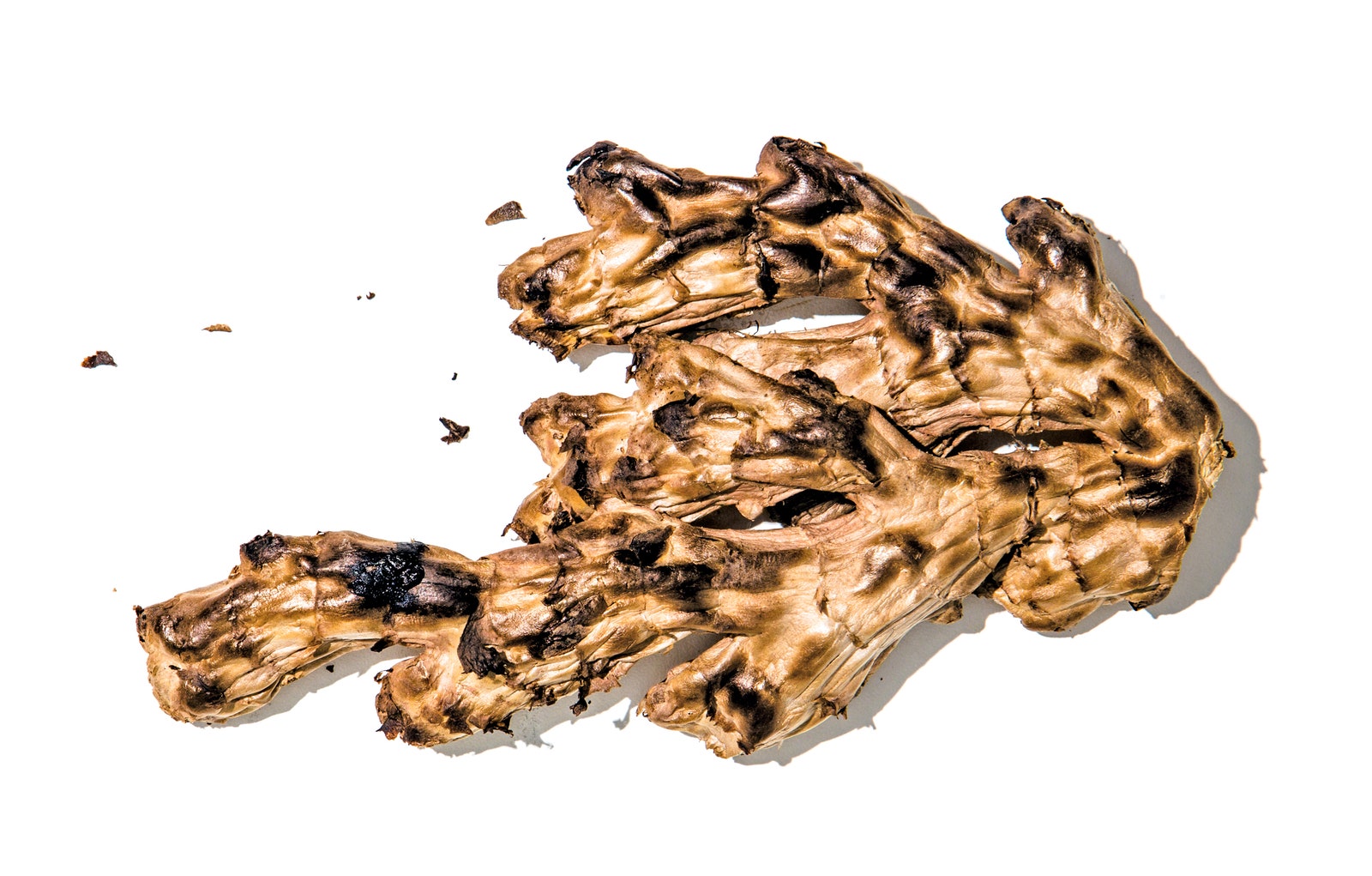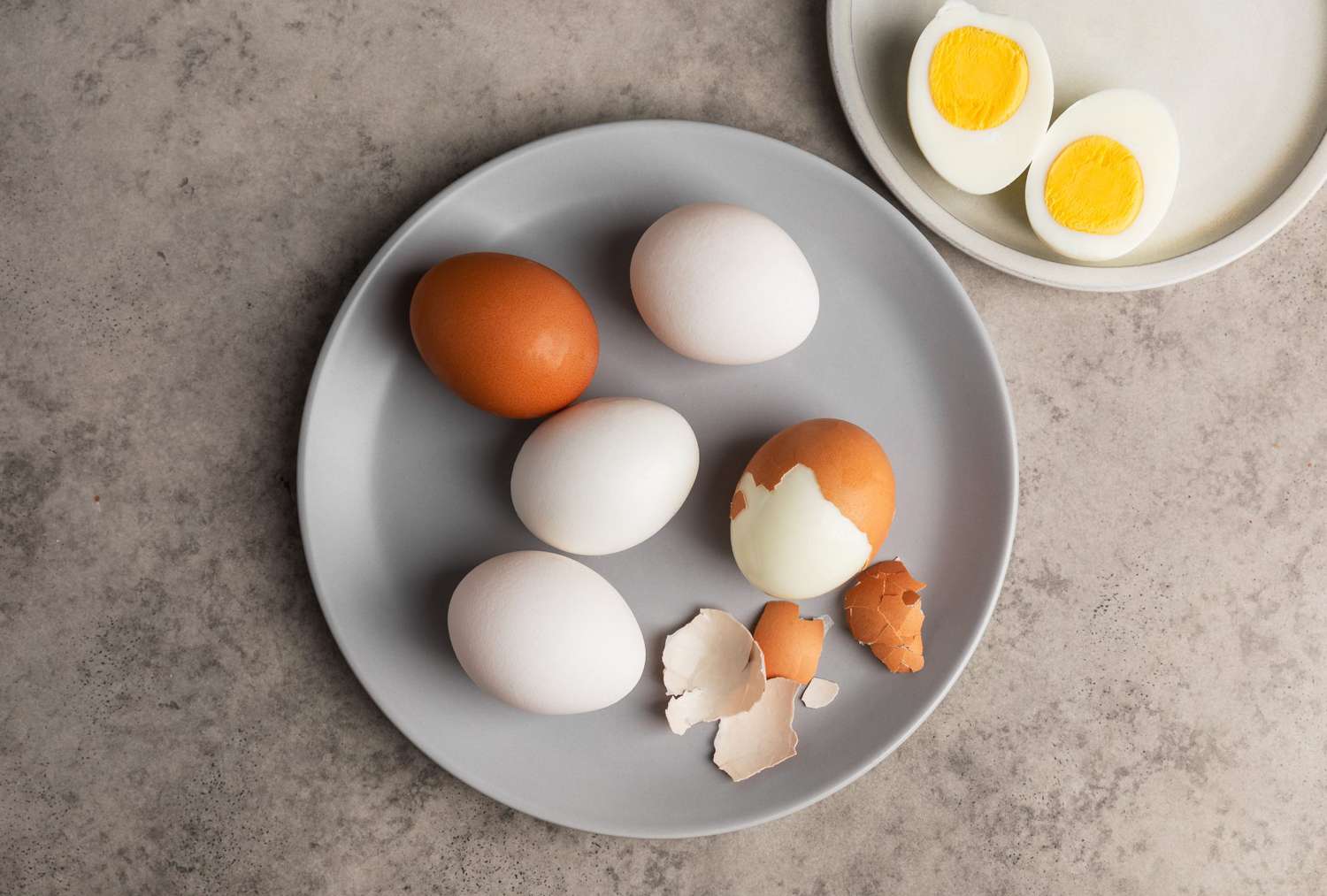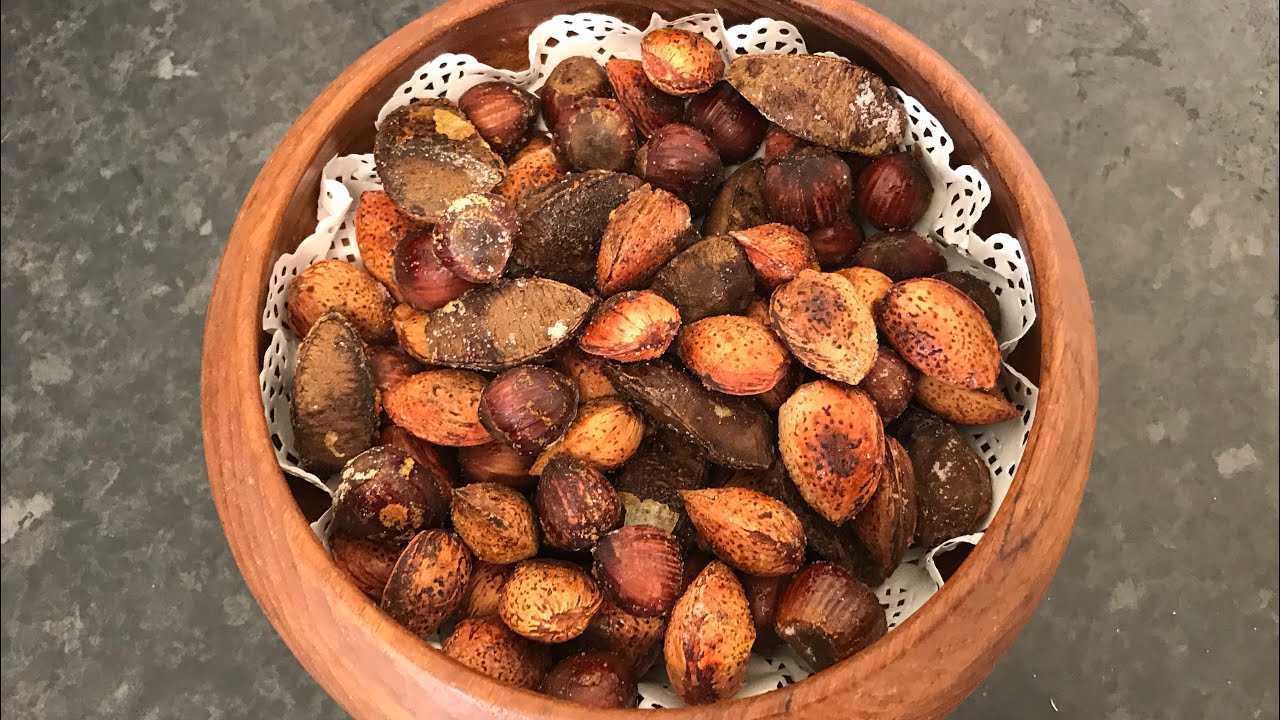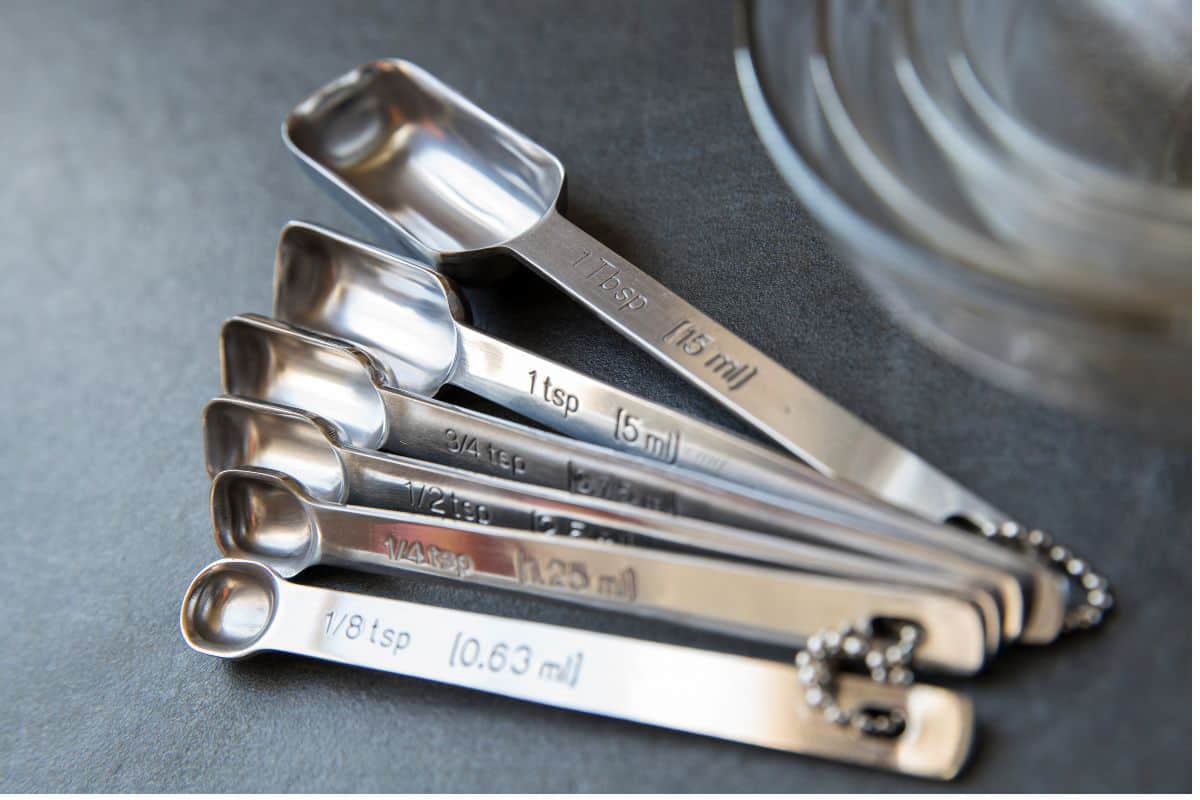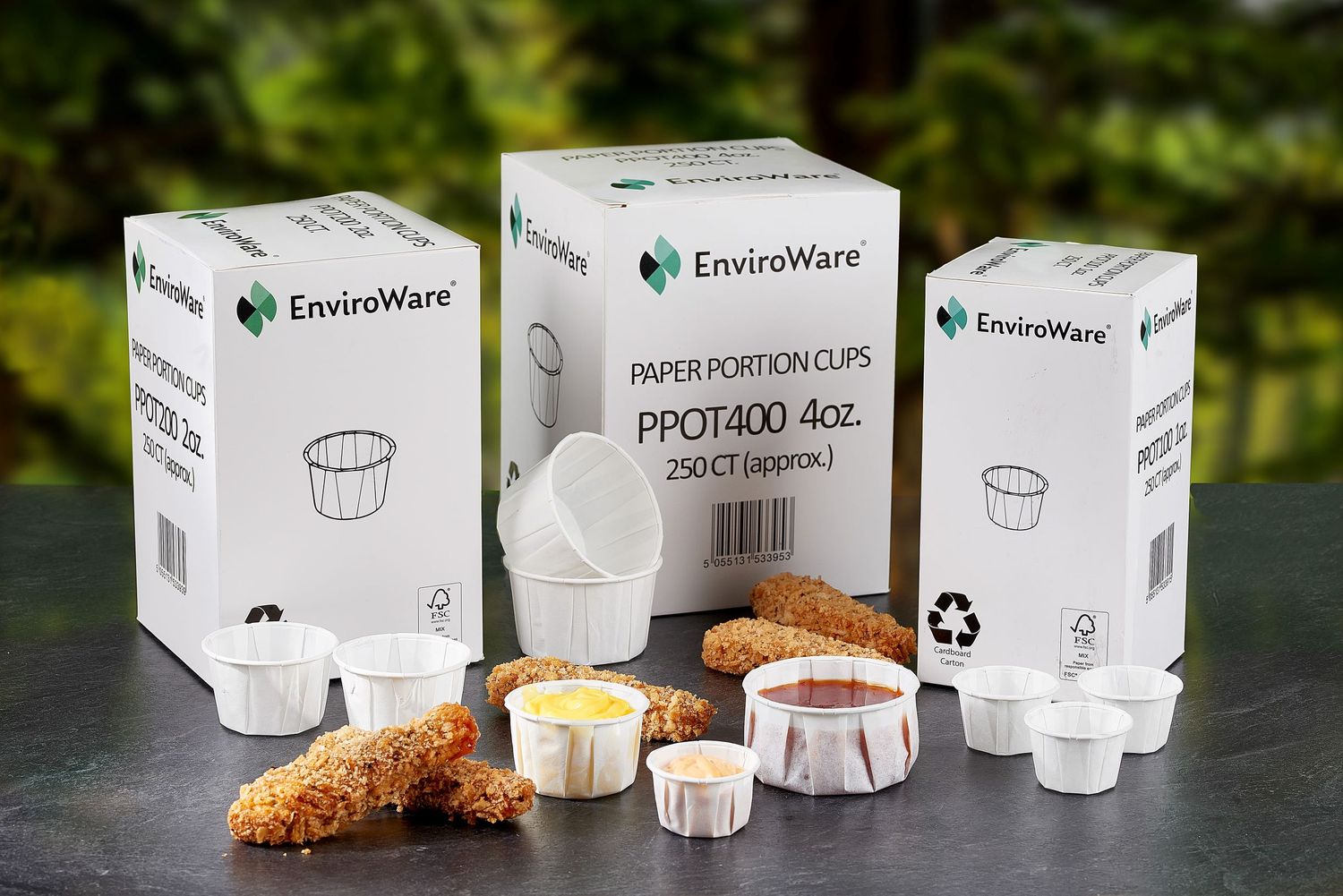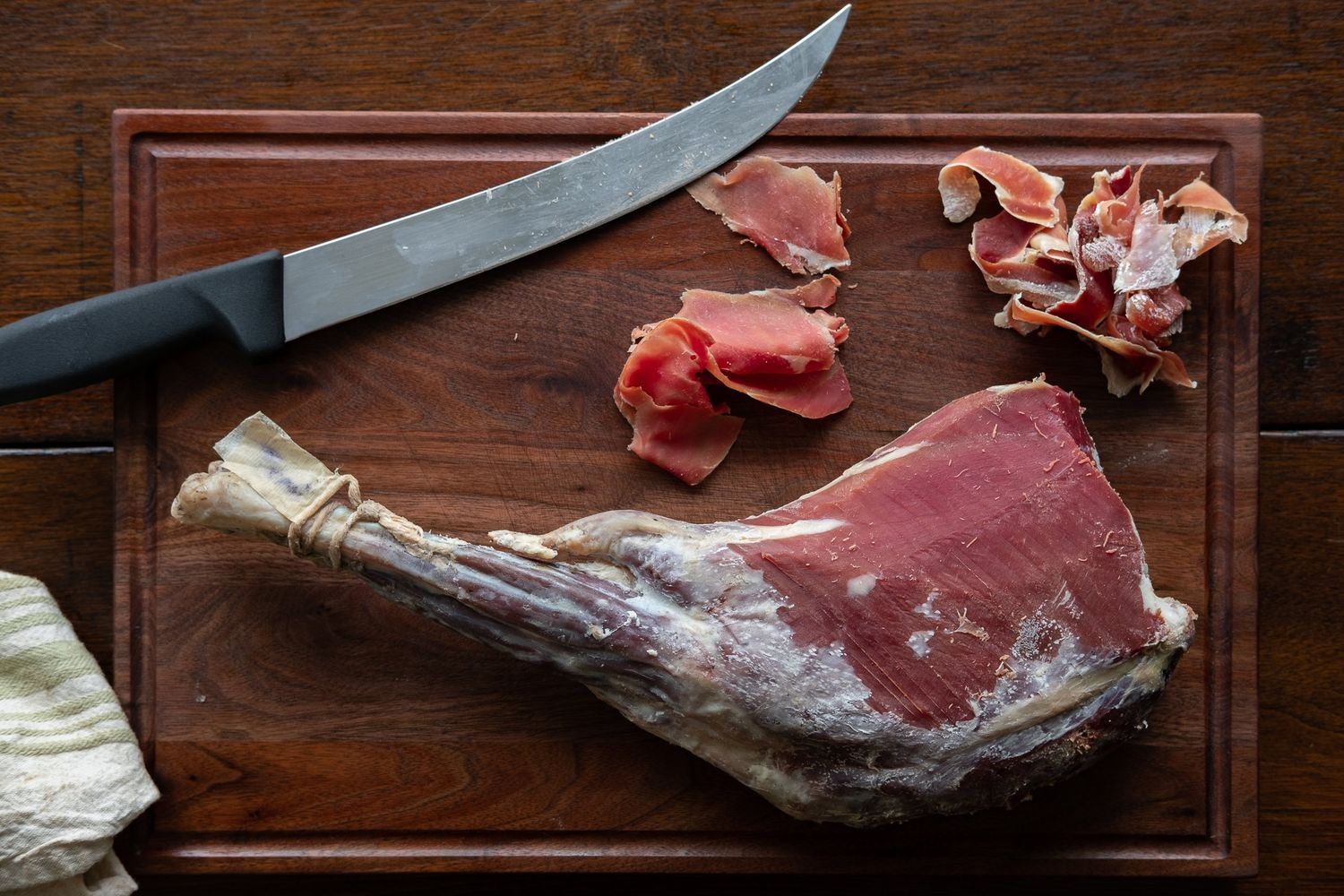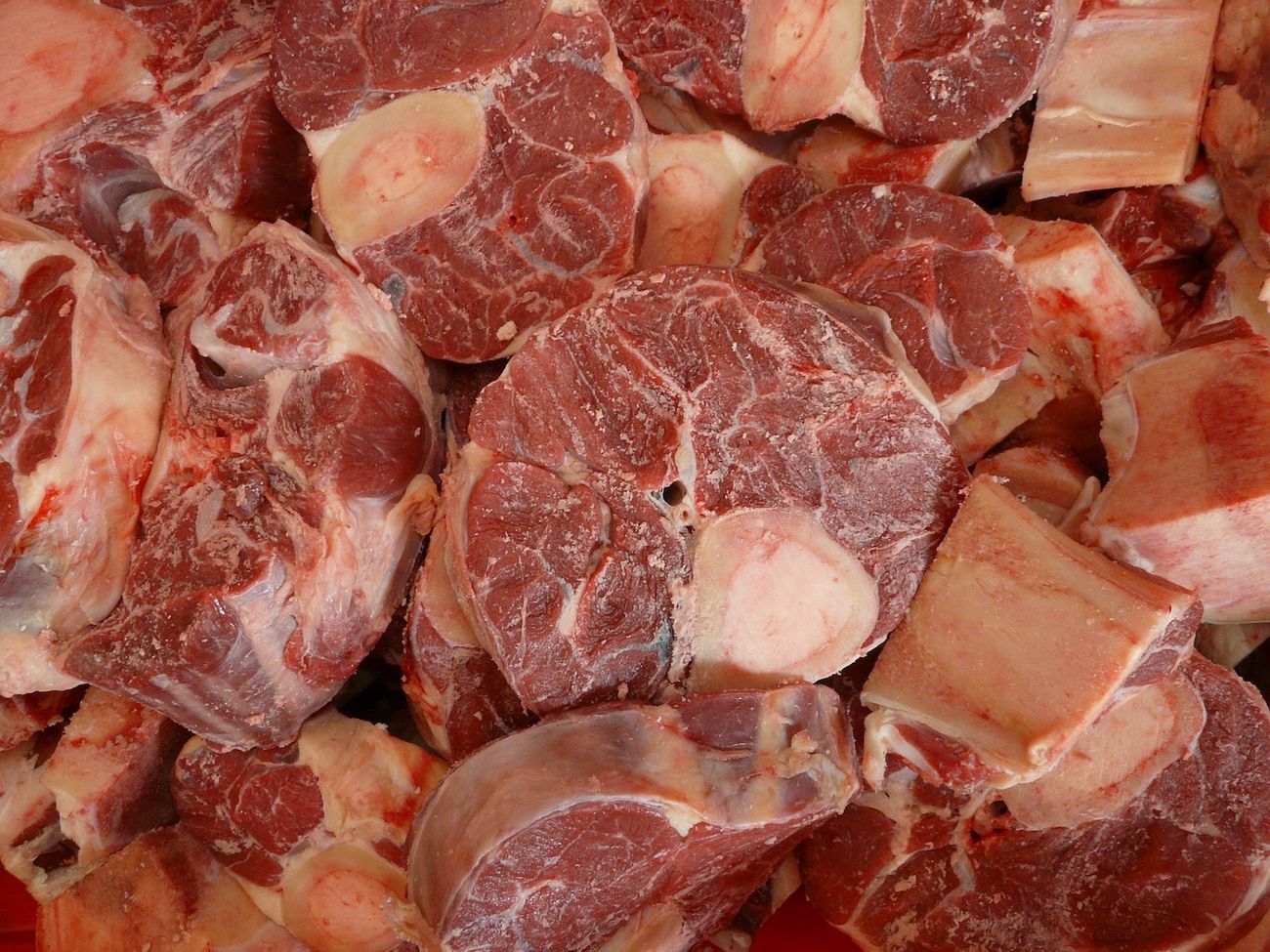Roasting a Raw Egg for Passover: A Delicious Tradition
Passover is a time of tradition and celebration for many people around the world. It is a time to gather with family and friends, retell the story of the Israelites’ exodus from Egypt, and enjoy delicious food. One popular tradition during Passover is the roasting of a raw egg, which symbolizes the holiday and holds special significance for those who observe it. In this article, we will explore the history and significance of roasting a raw egg for Passover, as well as provide a step-by-step guide on how to do it yourself.
The Significance of Roasting a Raw Egg for Passover
Roasting a raw egg is a symbolic act that holds deep meaning for those who celebrate Passover. The egg is a traditional symbol of mourning and rebirth, and it is often used in Jewish rituals to represent the cycle of life. During Passover, the roasting of the egg is a reminder of the sacrifices made by the Israelites during their exodus from Egypt, as well as a symbol of hope and renewal for the future.
Step-by-Step Guide to Roasting a Raw Egg
Roasting a raw egg for Passover is a simple yet meaningful tradition that can be done at home with just a few basic ingredients and supplies. Here is a step-by-step guide to roasting a raw egg for Passover:
- Gather the Ingredients: To roast a raw egg, you will need a fresh, uncooked egg, a small bowl of salt water, and a candle.
- Prepare the Egg: Before roasting the egg, it is important to clean it thoroughly to remove any dirt or debris. Once the egg is clean, carefully place it in the salt water and let it soak for a few minutes.
- Light the Candle: Using a match or lighter, carefully light the candle and place it on a stable surface.
- Roast the Egg: Hold the egg over the flame of the candle using a spoon or tongs, rotating it slowly to ensure even roasting. As the egg roasts, take a moment to reflect on the significance of the tradition and its connection to Passover.
- Complete the Ritual: Once the egg has been roasted to your satisfaction, remove it from the flame and allow it to cool. The roasted egg can then be used as a symbolic element in the Passover Seder, or simply enjoyed as a traditional treat.
Enjoying the Roasted Egg
Once the raw egg has been roasted, it can be enjoyed in a variety of ways. Some people choose to eat the roasted egg as part of the Passover Seder meal, while others may use it as a decorative element or keep it as a symbol of the holiday. However you choose to enjoy the roasted egg, take a moment to appreciate the tradition and the deeper meaning it holds for those who celebrate Passover.
In Conclusion
Roasting a raw egg for Passover is a time-honored tradition that holds deep significance for many people. By understanding the history and symbolism of this ritual, as well as following the step-by-step guide to roasting a raw egg, you can partake in this meaningful tradition and enrich your Passover celebration. Whether you choose to incorporate the roasted egg into your Seder meal or simply enjoy it as a symbol of the holiday, the act of roasting a raw egg is a beautiful way to connect with the traditions and history of Passover.
If you're looking to try out some delicious recipes using roasted eggs for Passover, there are several options that stand out. Roasted Egg and Tomato Bruschetta offers a delightful combination of flavors and is a great starter or snack. Roasted Egg and Asparagus Tart is perfect for a light lunch or brunch, combining the earthiness of asparagus with the richness of roasted eggs. For a hearty meal, the Roasted Egg and Potato Hash provides a filling and satisfying dish that's sure to please. Lastly, Roasted Egg Shakshuka brings a Middle Eastern twist to your table, with roasted eggs swimming in a spicy, tomato-based sauce. Each of these recipes showcases the versatility of roasted eggs, making them a must-try for your Passover celebrations.
Was this page helpful?
Read Next: How To Roast Papad On Glass Cooktop
